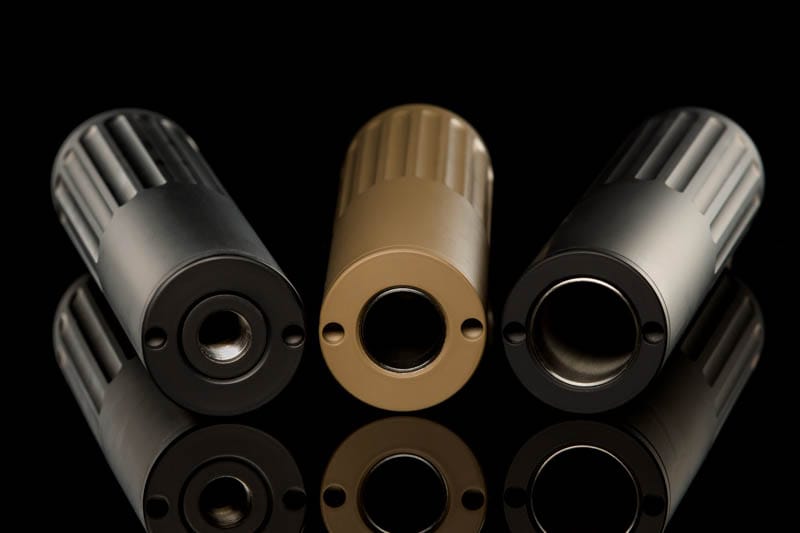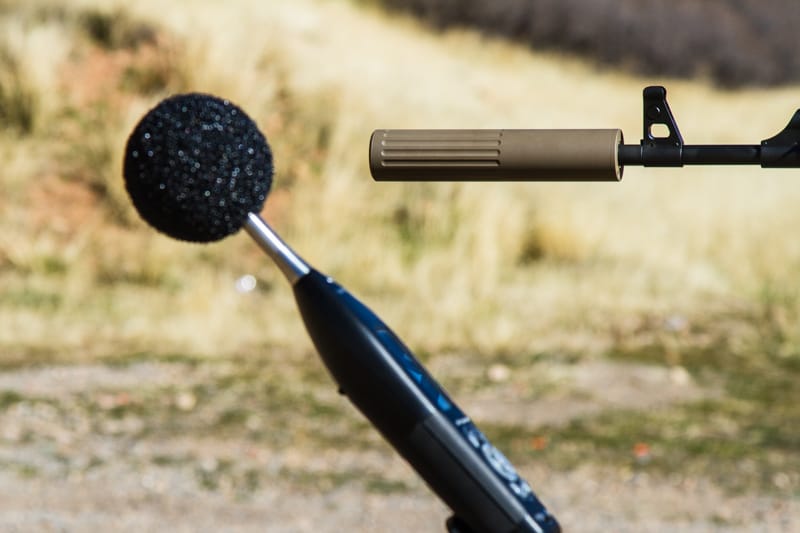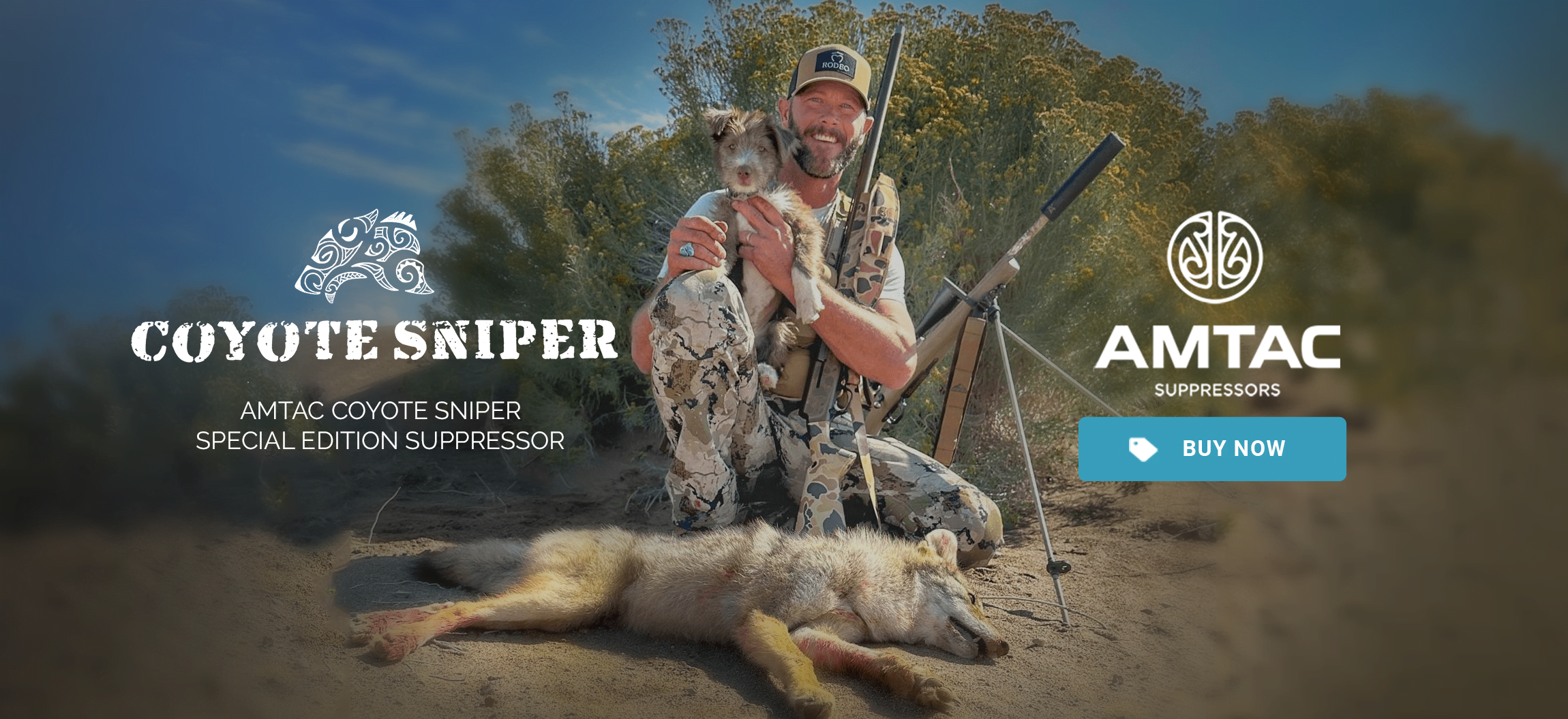There was a lot of uproar in the suppressor industry about the adoption of Rule 41F. Some people saw it as no big deal. Others saw it as the end of gun trusts. But what has really changed? Are trusts still the best options for purchasing NFA-regulated items like suppressors, SBRs, and full-auto firearms?
Trusts vs Individual Ownership
Whether you purchase a suppressor as an individual or through a trust, you submit your Form 4 and $200 for the tax stamp, wait about eight months for your paperwork to clear, and then you own your suppressor. The difference is that if the suppressor is transferred to a trust, than any of the other trustees can possess and use the suppressors. Trustees may be employees of your business, your family, or your shooting buddies. This makes the logistics of going to the range a lot easier, and it is the preferred option for most suppressor owners.
What Did 41F Change?
CLEO signoff:
Before 41F, you had to get the chief law enforcement officer in your area to sign off on your purchase of an NFA-regulated item. This was a holdover from the days when the NFA was created, as it used to serve as your background check.
For most people this was just an inconvenience, but for some it meant suppressor ownership was impossible as some CLEOs refused to grant permission. Since trusts didn’t require the CLEO signoff, they were a way around this problem.
With 41F the CLEO signoff for an individual transfer has been replaced by a CLEO notification for all applications. You no longer need your chief law enforcement officer’s permission to purchase a suppressor. You just need to let them know that you’re doing it.
Fingerprints and Photographs:
One of the main advantages of purchasing through a trust was that there was no requirement for those on the trust to get fingerprints or photos when a new item was purchased. After 41F, every current Trustee (not Successor Trustees) listed on a trust has to go through this process. Now, you should keep in mind that this isn’t really that big of a deal. In most cities, this will involve two trips during your afternoon errands. If you want, you can also do the fingerprint cards and photos on your own.
However, the more people that are current Trustees of your trust, the more cat wrangling is involved. Let’s say you have six family members in five different locations serving as a Trustee of your trust. They all need to get photos, fingerprints, and submit a CLEO notification (to different CLEOs).
If you don’t want to go through this hassle, there is a solution. You can remove all of the other trustees from your trust, purchase a new item, and re-add your trustees after the paperwork clears. However, this momentarily removes nearly all of the benefits of the trust, since none of these people can take possession of any of the items owned by the trust until they are re-added. As a result, we prefer to just do it straight up.
Are Trusts Still Worth It?
In short, yes. If a trust was your best bet before 41F, it is still the best choice after its passing. There is a little more effort to add new items, but once that’s done, the advantages remain. The main benefit is the ability to share items on the trust with other trustees, and that hasn’t changed.
The other big benefit that isn’t often talked about is what happens to your suppressors if you die. If you own your cans as an individual, it will be very complicated, time consuming, and expensive for your family members to gain legal ownership. If your suppressors are owned by your trust, and your family members are listed as trustees, then it’s as simple as a single submitted form.
Not All Trust Are Created Equal
How a trust works, the legal power it has, and how easy it is to use has a lot do to with who creates it. A trust that’s well done will include a comprehensive management plan which explains to everyone involved exactly what has to happen to be within the letter of the law. Don’t get your cousin Vinny to set up your trust. Find a lawyer who knows their way around NFA regulations, who has plenty of experience with creating trusts and who will be available to answer questions for you as they arise. You’ll be happy that you did.






